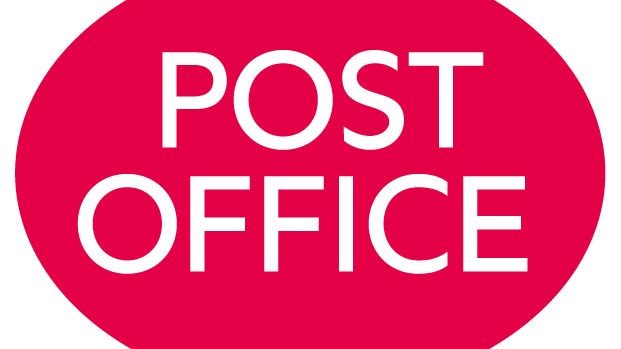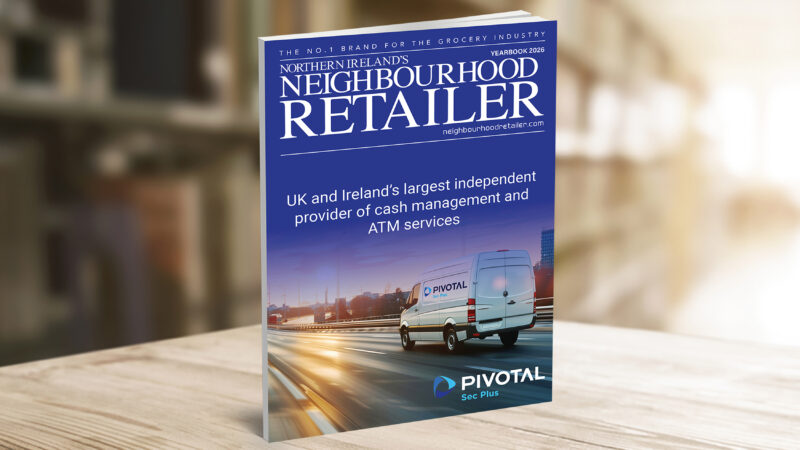Retail squeezed as consumers rein in their spending

Shops are bearing the brunt of the cost of living crisis with the steepest fall in demand of any part of the economy during August, the Ulster Bank Northern Ireland purchasing managers index (PMI) said.
Overall, a “hostile” environment of rising prices meant companies’ output, sales and new orders all fell for the fourth month in a row.
Manufacturing provided the one bright spot with a slight increase in activity. Overall, though, companies were pessimistic.
Retail took the greatest hit as consumer purse-strings were tightened in the face of rising energy and food prices, with inflation for July hitting 10.1%.
It was the only one of four sectors not to increase staffing levels in August. Although, for the economy as a whole, the rate of job creation was at an 18-month low.
There were some signs of inflation softening, but prices still remained stubbornly high compared to pre-May 2021.
Ulster Bank chief economist Richard Ramsey said: “NI’s private sector contraction continued last month with output/sales and new orders falling for the fourth month running.
“Once again, retailers are bearing the brunt of the downturn, posting the steepest falls in demand as the cost-of-living crisis continues to impact on consumers.
“Retail is also the only sector not to increase staffing levels last month.
“On the other hand, manufacturing bucked the wider trend as the only sector experiencing a rise in business activity, posting a marginal increase in output last month.”
He said companies were indicating rising prices were the key factor curbing demand, and “positives were thin on the ground”.
“Although employment growth continued, it was the weakest pace in 18 months and many firms continued to struggle to find suitable candidates to fill vacancies,” he added.
He said that one positive from the fall in demand was that it had lifted pressure on supply chains: “However, this won’t be much consolation to most companies who face an increasingly hostile economic environment and outlook.
“We are in the midst of a cost-of-living and cost-of-doing-business emergency with rising energy costs the primary driver behind the squeeze on disposable incomes and profitability.
“Last week the UK Government announced a range of measures to mitigate against the worst effects of the surge in energy costs and we wait to see and hear how similar measures will be applied to Northern Ireland. The clock is ticking.”






